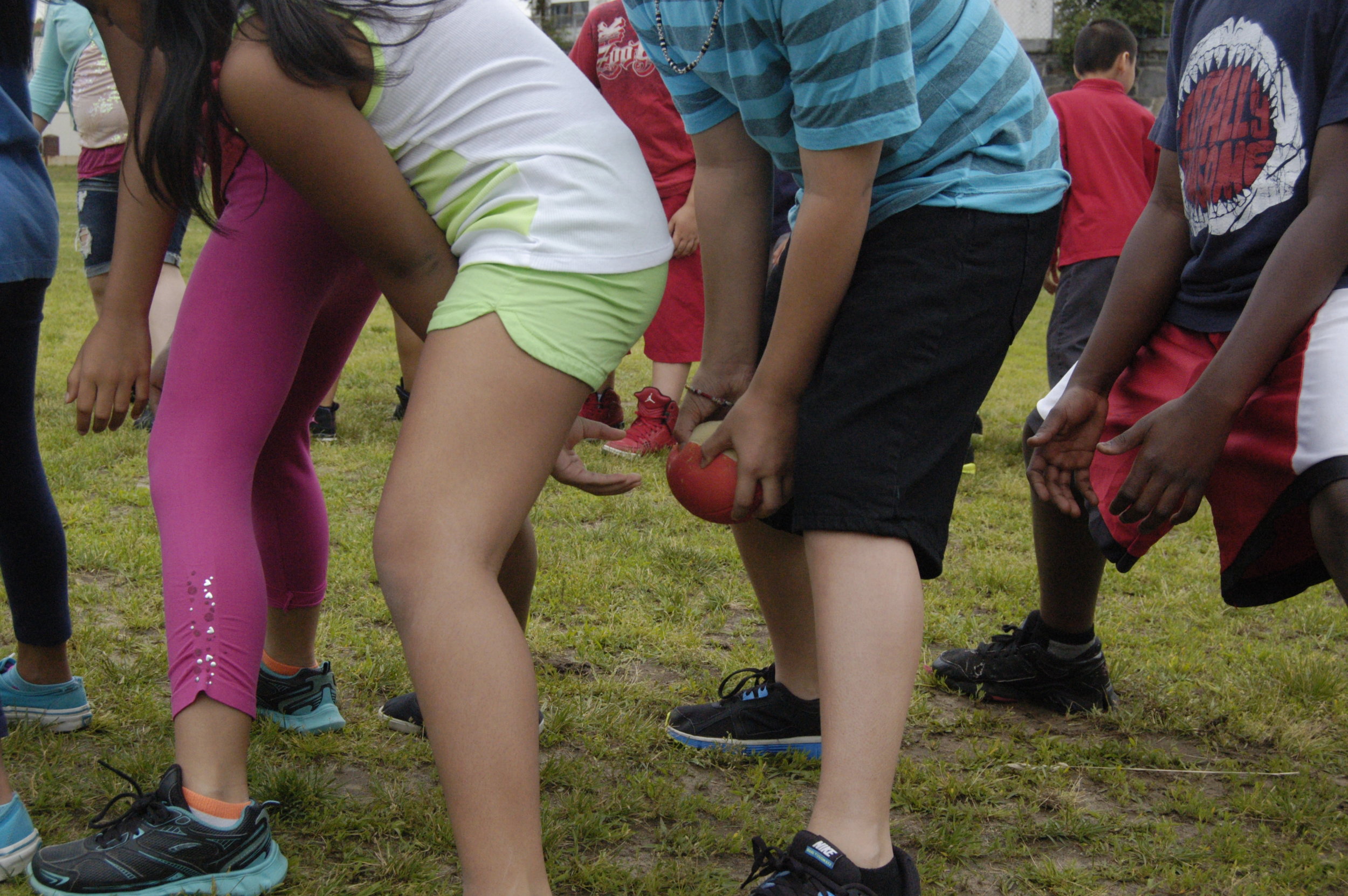Another Reason for Increased Recess
 I wonder how many other adults have experienced this? After about 30 minutes of intense focus, there is a need to get up and move. For me, moving around when I am actively engaging my brain applies in nearly every circumstance, and I notice it most especially during some training or class when my brain is powered up and I'm trying hard to retain new information.An article republished in the New York Times' Well column made me think of how sitting and movement impact learning for all students regardless of age level. Written for runners and titled Can Running Make You Smarter, the article was originally published in July 2016. Here are some major take-aways from the article:
I wonder how many other adults have experienced this? After about 30 minutes of intense focus, there is a need to get up and move. For me, moving around when I am actively engaging my brain applies in nearly every circumstance, and I notice it most especially during some training or class when my brain is powered up and I'm trying hard to retain new information.An article republished in the New York Times' Well column made me think of how sitting and movement impact learning for all students regardless of age level. Written for runners and titled Can Running Make You Smarter, the article was originally published in July 2016. Here are some major take-aways from the article:
- exercise fosters neurogenesis, or creation of neurons which cluster in the brain and increase ability for thinking and recall
- physical stimulation is necessary for healthy brains
- Cathepsin B protein, which helps muscles recover from exercise such as running, appears to be a factor in neurogenesis
- in the study, more active subjects like runners had better and more improved tests scores for memory and thinking
So what's the connection to students and learning? Here's my take:One of the first things schools jettison when time-on-task and test preparation becomes the focus, is recess. Recess is short-changed in many schools across the US even though research study after research study shows that children need recess and breaks from more academic pursuits in order to learn and think. Google the phrase "importance of recess" and page upon page of research pops up. And then, of course, you could just ask a teacher.Recess is important. If this study is taken seriously, active play during recess appears to be even more important. Recently, in response to School Committee member Jackie Doherty's motion of January 18, 2017, the Lowell Schools reported (click here for the report from the February 15 meeting packet) on the number of minutes allocated for recess at each Lowell Public Schools. The times ranged from zero minutes at Lowell High School and alternative school settings to 20 minutes at several elementary schools (25 for some Kindergarten classrooms).The studies cited in Can Running Make You Smarter point once again to the importance of allowing students enough time to be active throughout the school day. Isn't that a good reason to pay greater attention on finding some additional recess and play time in the school day?
